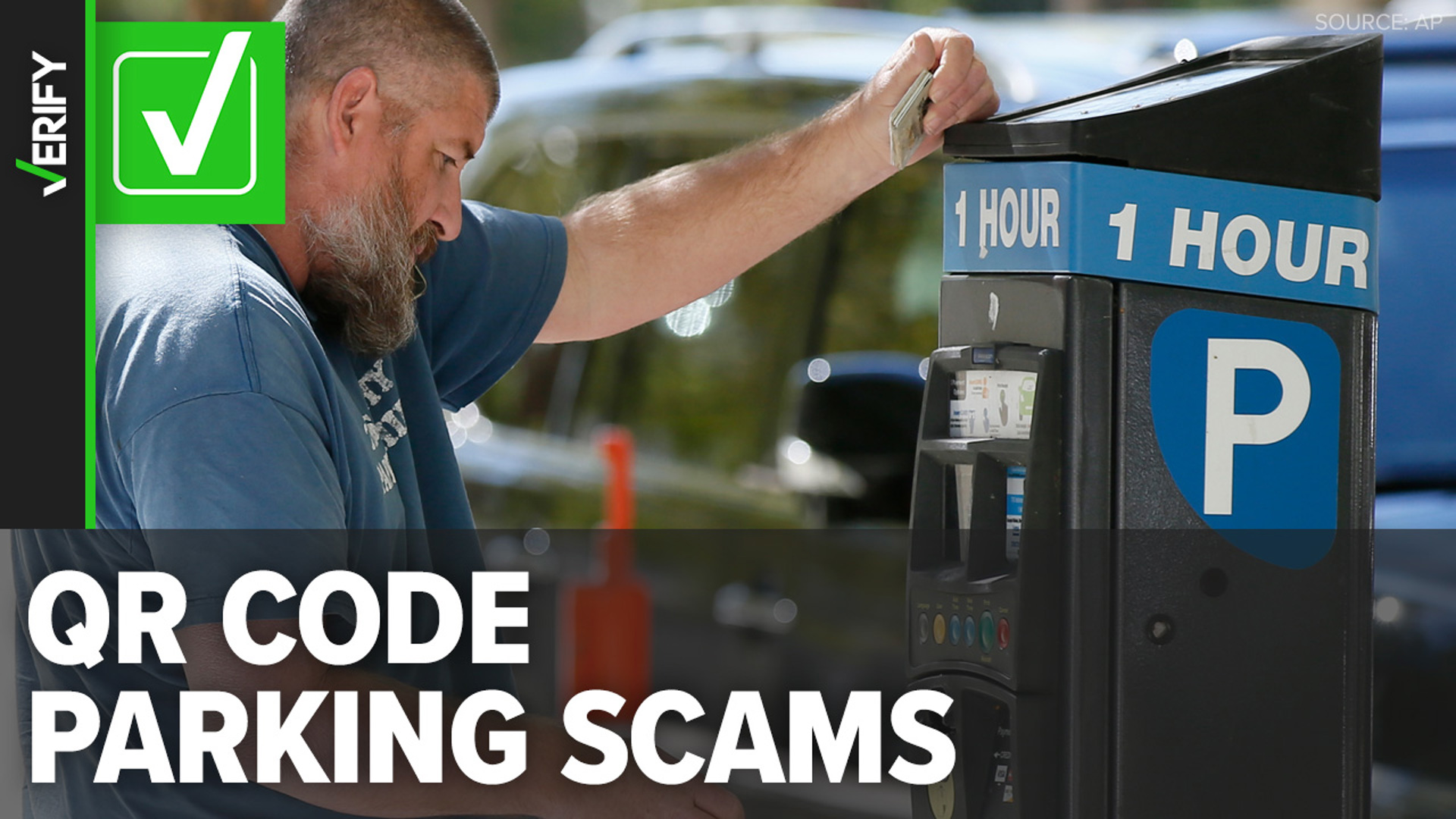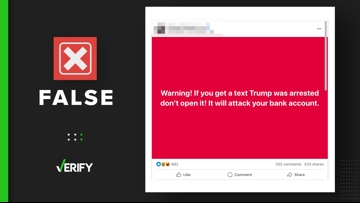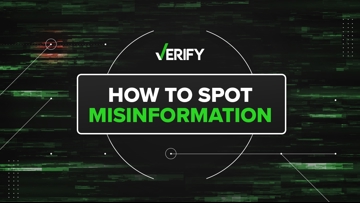Many cities are trying to make it easier for people to pay for parking by placing Quick Response (QR) codes that people scan with their cell phone camera on meters.
The cities or parking companies they contract with use these QR codes to point people to websites or apps where they can digitally pay to park.
But some people on social media have warned that scammers are placing fake QR codes on parking meters to steal people’s personal information and money.
For example, one person said in a Reddit post that they were hit with an unauthorized charge of $89 after scanning a fraudulent QR code on a parking meter in an unspecified city.
Another person on TikTok said his friend scanned a QR code that he believed was for the ParkMobile parking app, but he got scammed. He said someone covered up the legitimate ParkMobile QR code with a sticker displaying the fake code.
THE QUESTION
Are scammers putting fake QR codes on parking meters to steal people’s money and personal information?
THE SOURCES
- The Better Business Bureau (BBB)
- Spokesperson for ParkMobile, a mobile parking app company
- The Federal Trade Commission (FTC)
- City and County of Honolulu Department of Transportation Services (DTS) in Hawaii
- Parking Authority of Baltimore City in Maryland
- City of Redondo Beach, California
THE ANSWER
Yes, scammers are putting fake QR codes on some parking meters to steal people’s money and personal information.
WHAT WE FOUND
The Better Business Bureau (BBB), the Federal Trade Commission and officials in cities around the U.S. have issued warnings about scammers placing fake QR codes on parking meters to steal people’s payments and their credit card information.
ParkMobile, a mobile parking app company, also acknowledged the problem on its website and in a statement to VERIFY.
“It’s important that our users are always vigilant regarding financial information, and this includes using any digital parking provider to pay for parking. Scammers have been known to put fake QR code stickers on parking meters and/or parking signage,” a spokesperson for ParkMobile said.
These fake QR codes typically direct people to fraudulent websites where they are prompted to enter their credit card information to pay for parking. Once the scammer gets ahold of this information, they can use it to make further unauthorized purchases in the victim’s name, as the BBB explained in its July 2024 alert about parking meter QR code scams.
One of the consumers that reported this scam to the BBB Scam Tracker tool said they were duped by a fake QR code in a church parking lot.
“I entered my info into the website thinking I was entering payment info for a parking app, but it was for some digital membership service. I immediately recognized my error and called to place a hold on my credit card and to cancel that credit card number to avoid recurrent charges. The hold for the charge was not successful – it has been processed for $39.99,” they said.
But these types of QR code scams, including those at parking meters, are nothing new.
The Federal Trade Commission (FTC) warned people about scammers hiding harmful links in QR codes to steal people’s personal information in December 2023. The federal agency said at the time that there were “reports of scammers covering up QR codes on parking meters with a QR code of their own.”
Several months later, in April 2023, the City and County of Honolulu Department of Transportation Services (DTS) in Hawaii said it had received reports about stickers with fake QR codes on some parking meters. The fake QR codes took people to a fraudulent webpage instead of opening the city’s official parking meter app or prompting the driver to download it, DTS said.
Since then, other cities have issued warnings about fraudulent QR codes on parking meters.
In January 2024, the Parking Authority of Baltimore City warned drivers against scanning fake QR codes. The agency said it would remove stickers with the fake codes as it found them and urged people to follow the instructions on the parking meter’s display to pay for parking.
In August 2024, the City of Redondo Beach, California, said fake QR codes were placed next to legitimate labels for the parking companies ParkMobile and PayByPhone. Those fake QR codes redirected people to a fraudulent website misspelled as “poybyphone,” the city said.
If someone has concerns about a QR code on a meter, the ParkMobile spokesperson said drivers should go directly to their app to pay for parking. ParkMobile also encourages people to report any unusual QR code stickers on meters or parking signage to the city.
The FTC, BBB and ParkMobile also offered these tips to avoid QR code scams at parking meters:
- Pay for parking directly through the meter. Instead of scanning a QR code, use your credit card or cash to pay directly at a machine or a parking meter if you can.
- Use a payment provider’s app. If you go directly through a legitimate app like ParkMobile, you aren’t at risk of falling victim to a scam.
- Take a good look at the website before paying. Look for signs of a fake website, such as misspellings or switched letters in the URL, spelling and grammar errors, and blurry images or logos.
- Watch out for short links. If a QR code says it will open a URL-shortened link, you can’t know for sure where the code is directing you. It could be hiding a malicious website.
- Look closely at the QR code. Ensure it is part of the meter or sign, and not a sticker.
- Install a QR scanner with added protection. Antivirus companies may offer QR scanner apps that alert you to phishing scams, suspicious links and forced app downloads before you click on the link.










